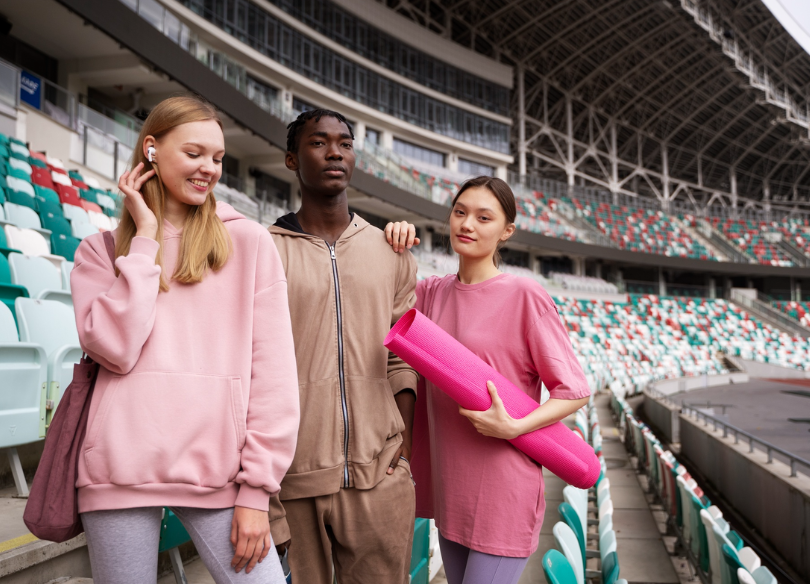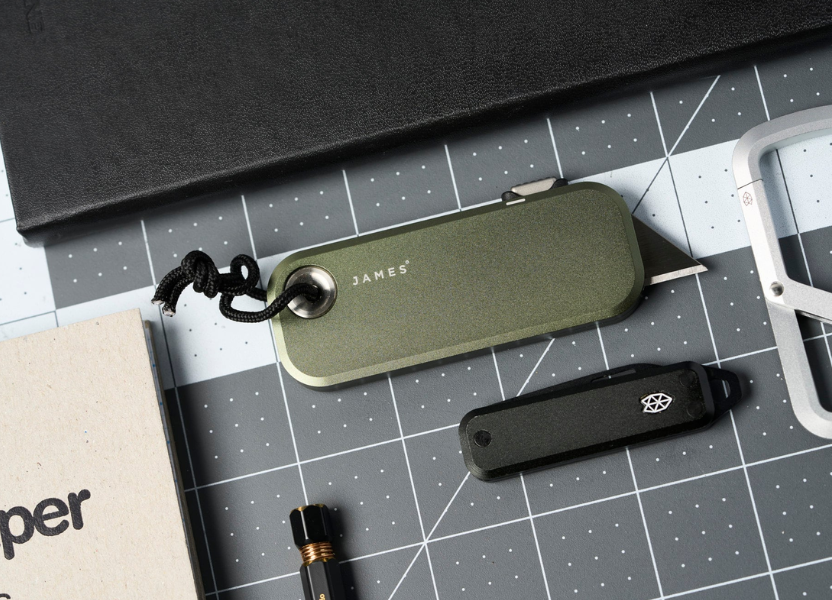The Emotional Benefits of Solo Movie Dates and Enjoying Time Alone
Enjoying movies alone is a powerful way to embrace independence and recharge emotionally.

Going to the movies alone is something people don’t talk about enough. It’s often seen as something reserved for the ultra-confident or the heartbreakingly lonely. The truth is, solo movie dates are one of the most underrated self-care experiences, offering a rare opportunity to unwind, recharge, and completely lose yourself in a story, without distractions, compromises, or the pressure of entertaining someone else.
There’s a stigma around enjoying time alone in public, as if it somehow signals to the world that you don’t have friends, a partner, or anyone to share your life with. But accepting the art of being alone is one of the most empowering things a person can do. It’s about choosing yourself, prioritizing your experience, and realizing that you don’t need company to enjoy something as simple as watching a film.
Whether it’s a rom-com, an action-packed thriller, or an indie drama that no one else in your circle is interested in, taking yourself to the movies is a small but meaningful act of self-love. Beyond the surface-level perks of complete freedom, picking the perfect seat, indulging in whatever snacks you want, and skipping the post-movie debate over whether the ending was good, there’s a deeper, science-backed reason why spending time alone in this way is so beneficial.
Why Solo Movie Dates Are More Than Just a Night Out
The idea of how to be okay with being alone isn’t always easy to grasp. Some people genuinely enjoy solitude, while others see it as something to avoid. But when done with intention, solo movie dates are a powerful way to build confidence and emotional independence.
Psychologists have found that spending time alone, particularly when it’s a choice rather than a circumstance, can significantly boost well-being. Engaging in solo activities allows the brain to process emotions more effectively, leading to greater self-awareness and emotional resilience. Watching a movie alone forces you to sit with your own thoughts, feel your own emotions, and fully immerse yourself in an experience without external influence.
This is where the concept of solitude comes in. Solitude isn’t about isolation or loneliness; it’s about cultivating a relationship with yourself. Choosing to do things alone reinforces the idea that your own company is enough. The confidence that comes from this realization spills over into other areas of life, making solo activities feel less intimidating and more enjoyable.
The Science Behind Enjoying Time Alone
From an evolutionary standpoint, humans are wired for social interaction. But in today’s hyperconnected world, constant engagement can lead to emotional exhaustion. The brain wasn’t designed for an endless influx of notifications, conversations, and digital noise. Studies have shown that people who carve out intentional alone time experience increased creativity, reduced stress, and improved emotional regulation.
Solo movie dates provide a structured, enjoyable way to disconnect without feeling aimless. Unlike mindlessly scrolling on a phone, watching a movie engages the brain in a passive yet immersive experience, offering the perfect balance between solitude and stimulation.
Understanding how much alone time is too much is key. While excessive isolation can have negative effects, regular moments of solitude are essential for mental well-being. The goal isn’t to replace social interactions but to create a balance that allows for self-reflection and personal growth.
How Solo Movie Dates Improve Mental Well-Being
Movies are a powerful form of storytelling, capable of evoking deep emotions, offering new perspectives, and even acting as a form of therapy. Watching a film alone amplifies these effects, allowing for a more personal and unfiltered connection to the story.
Emotional regulation is one of the biggest benefits of solo activities. Without the subconscious pressure to react in a certain way based on another person’s presence, you experience emotions more authentically. If a scene moves you to tears, there’s no need to hold back. If a plot twist catches you off guard, there’s no pressure to intellectualize it immediately.
The link between solitude and emotional processing is well-documented. When people engage in solo activities, the brain shifts into a more introspective mode, allowing for deeper thought and emotional clarity. This is why enjoying time alone at the movies can be such a therapeutic experience, it creates a space for uninterrupted self-reflection, free from outside opinions or social expectations.
Breaking the Social Stigma Around Doing Things Alone
The hesitation around solo movie dates often comes from a fear of judgment. Society tends to celebrate group activities and relationships while viewing solo experiences as something to be pitied. But this mindset is changing, with more people embracing the art of being alone as a form of self-care rather than a sign of loneliness.
There’s a growing cultural shift toward prioritizing personal happiness over societal expectations. Solo travel, dining alone, and independent hobbies are becoming more normalized as people realize that their happiness isn’t dependent on company. In reality, people who are comfortable doing things alone tend to have stronger self-identities and a greater sense of independence.
Enjoying time alone shouldn’t feel like a last resort but it should feel like a choice. The freedom to exist in public spaces without relying on others for validation is a level of confidence that many strive for but few actively cultivate.
Turning Solo Movie Dates into a Self-Care Ritual
Making solo movie dates a regular part of your routine can shift the way you view solitude. When treated as a self-care ritual rather than a backup plan, solo activities become something to look forward to.
Enhancing the experience can make it feel even more special. Dressing up, treating yourself to your favorite snacks, or taking yourself out for a meal before or after the movie adds an extra layer of indulgence. Engaging in a post-movie reflection, whether it’s journaling about the film or simply taking a walk to process it, creates a sense of intentionality around the experience.
Creating positive solo experiences reinforces the idea that happiness doesn’t rely on external validation. The more comfortable you become with being alone, the more empowered you feel in all areas of life.
Watching a movie alone might seem like a small act, but it carries a powerful message: your company is enough. Solo movie dates challenge outdated ideas about solitude, replacing the fear of being alone with the freedom to enjoy your own presence. Understanding how to be okay with being alone isn’t about avoiding people but realizing that your relationship with yourself is just as important as the ones you have with others. There’s a difference between loneliness and solitude, and those who embrace solo experiences often find themselves feeling more connected, not less.
The next time you hesitate about going to the movies alone, remember that it’s not a sign of loneliness but of confidence. And in a world that constantly pushes social interaction, choosing yourself is one of the most radical acts of self-care you can practice.
For more content like this on lifestyle, follow Rugged Outfits and stay inspired to live smarter, healthier, and happier.
Recent Blogs
-

A Neutral Overview of Koio and Its Footwear Collections
-

Gear Up for Every Sport Season with Team Town Sports
-

The James Brand EDC Gear I Carry Everywhere
-

Make a Gift Basket This Valentine's Day for your Man With Tanner Goods
-

Compact Home Fitness Redefined With the Moovv SmartStep Pro v3 Incline Treadmill